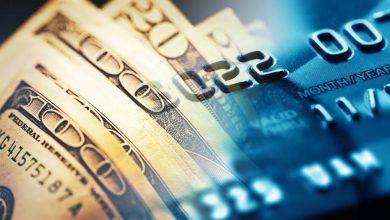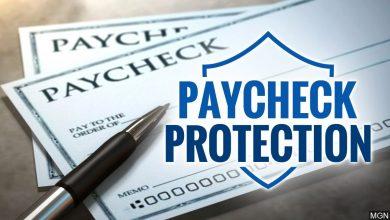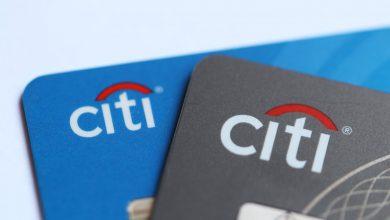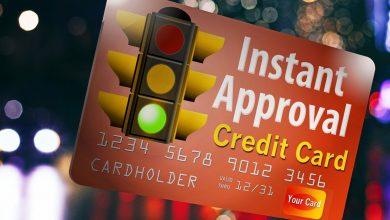Top Credit Cards for Fair and Average Credit Scores
Continue Building Your Credit With These Cards
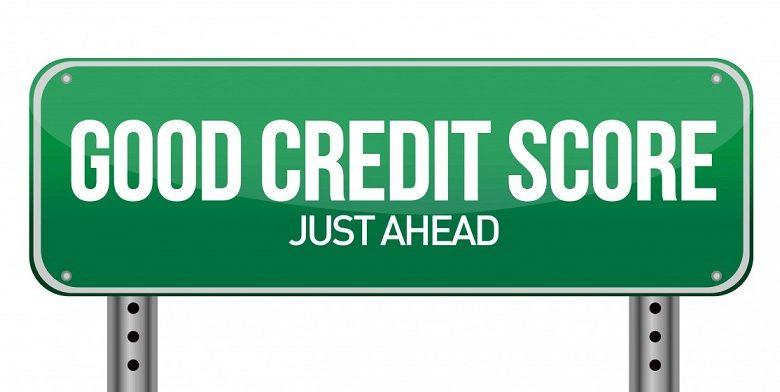
We’ve all heard of credit scores, and most of us understand that they carry weight in the world of finance. Considering this, some may ask what exactly is a credit score; and for those of us that may have made some financial mistakes along the road, what are some ways to improve our credit scores? To properly serve the main objective of this article, we’ll take a look at one specific way to get that credit score back on track for individuals who have what we would consider “fair/average” credit scores.
What is a Credit Score?
A credit score is a method of measuring your financial stewardship concerning loans and payments that generally fall into four categories: poor/very poor, average/fair, good, and exceptional/excellent. Your credit score ranges from 300 – 850, and each category has its own range of credit scores. 300 is on the “very poor” end of the spectrum, and 850 is on the “exceptional” end of the spectrum. These numbers are determined by agencies such as the Fair Isaac Corporation (FICO), VantageScore and Experian. They are credit bureaus that banks report to concerning your account. You can find out your credit score through a variety of free online tools such as Credit Karma. If your credit score is between 580 – 669, you will fall under the category of having fair credit. Now, you may be wondering why your credit is even important, in the first place. Well, if you are a lender — such as a bank — you would want to rest assured that the person you’re lending $500,000 to has some track record of paying people back, right? Credit reports are that track record and the range that your credit score falls into helps lenders determine if they will give you a loan, the kind of interest they will add to it, and more.
What Lowers Your Credit Score?
If you have fair credit, chances are you are going to face higher interest rates when you’re approved for a loan — if you even get approved. There are several reasons why your credit score might be taking a hit.
- High Credit Utilization Rates: You want to be careful with credit card utilization — spending over 30% of your credit line on a monthly basis can actually lower your score.
- Credit Checks: Whenever you apply for a credit card, a loan, or a lease of some sort, the lender or owner will conduct a credit inquiry or checks. This counts against your credit score but is not as damaging as some other factors.
- Outstanding Debt: If you have a lot of debt in several different accounts, whether it’s credit cards or loan repayments, it will reflect poorly on your account.
- Payments: Not making timely payments and having an accumulation of poor payment history can negatively impact your overall credit score.
- Financial Records: Public records such as bankruptcies and certain criminal or civil activity can surprisingly be incorporated into your credit score.
Fortunately, you don’t have to stay within the fair credit range (580-669) forever. There are multiple ways to build your credit score so that it becomes lender-worthy. Signing up for a credit card is a significant step to increasing your credit score. By having a small line of credit — up to $500 — and making monthly payments that are above the minimum payment, you can steadily increase your “credit”-ability. This process takes some time and will require discipline. But to help you get started, we’ve curated a list of the best credit cards available for people with fair credit reports. Please note: Don’t apply to all of these credit lines — that is guaranteed to decrease your credit score, not improve it.
Credit Cards to Help Improve Your Credit
Please keep in mind that the presented data is not a fully exhaustive list, but we did conduct extensive research to successfully identify the pros and cons of each card. We condensed this list down to four banks and their respective lines of credit. We mainly focused on their most attractive features and the not so appealing ones. If you have the time to conduct some additional research, we highly encourage you to do so in order to understand the more specific terms and conditions that apply to each respective credit card.
Capital One Platinum Credit Card
The popular card was specifically designed for people who are trying to build credit or improve their credit. They don’t charge annual fees as most credit card lenders do, which is helpful in saving money so that you can continue to build your financial health. And after just five months, you can get access to a higher credit line although, for the purposes of building credit, you may want to do a thorough analysis of your ability to handle a higher credit line. And for those who are technologically savvy, Capital One’s online tools are exceptionally great for monthly payments, following up on your account and tracking your spending on the go.
Indigo Platinum Mastercard
An Indigo Platinum Mastercard is better for those who are on the lower end of the fair credit range (600 and below). It is an unsecured card with about 23.9% APR, so the higher your balance is, the more you will end up spending out of pocket. However, since it is an unsecured card, you have higher chances of being approved to open a line of credit. That line of credit is no higher than $300, which may actually be a good thing if you’re only interested in opening up this account to improve your score. But, the downside to this low credit limit is that it might increase your credit utilization since 30% (the threshold amount before a flag is pinned on your account) of $300 is less than $100.
Credit One Bank Platinum Visa Card with Cash Back Rewards
The Credit One Bank Platinum Visa with Cash Back Rewards has a credit limit of $300-$500 and charges a $0 – $99 annual fee with APR of up to 26.24%. Now, it is essential to note that this card option does not offer 0% APR for signing up, as some other credit cards do. Conversely, one of the most appealing features about this credit card is the 1% cash back rewards that you earn on qualified purchases for the program. The rewards are auto-added to your account balance. There are some other neat features included with this particular credit card, such as free online credit score tracking which is a great addition for those who are serious about building credit.
Merrick Bank Double Your Line Visa Credit Card
The “Double Your Line” Visa Credit Card by Merrick Bank is precisely that — a credit card that allows you to double your line of credit after just seven months of timely payments. This is excellent news if your purpose for getting a credit card goes beyond just improving your credit. The pre-qualification takes less than a minute and won’t impact your credit score like other credit applications might. Similar to the other cards, Merrick Bank also offers up-to-date FICO scores to help you manage your credit score and spending. Another attractive trait of this credit card is that there are no penalty rates or fees for going over the limit. If you are someone who may have trouble keeping up with payments from time to time, this particular card might be a great option for you.
Build Your Credit, Build Your Future
Regardless of which credit card you choose to partner with, the general rule of thumb is to keep spending to a minimum and make your monthly payments on time. If you are able to, try to pay a little more than the minimum amount that’s due. For example, if your minimum payment is $25, spend an extra $5 and make it $30. By paying over your minimum, you stylishly accelerate the improvement of your credit score by showing lenders you are able to not only make payments on time but invest into paying off your balance. It may take anywhere between 1 – 3 years to improve your credit score but taking steady steps to strengthen your resolve will eventually lead to a higher score and lower interest rates so that you can do the things you want to do — buy a home, a car, or take a loan to travel somewhere significant.

